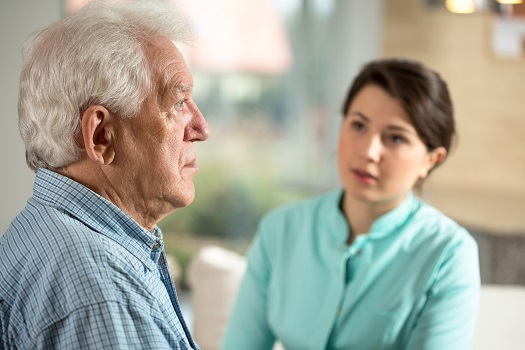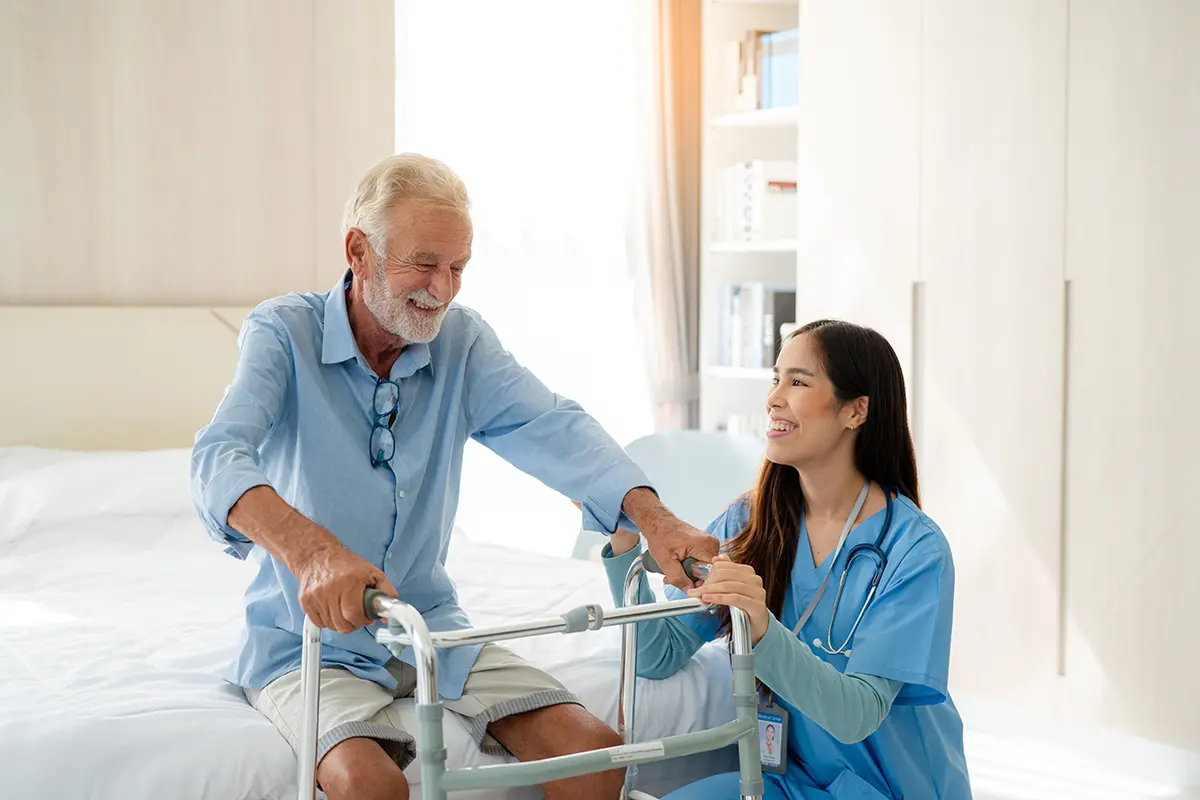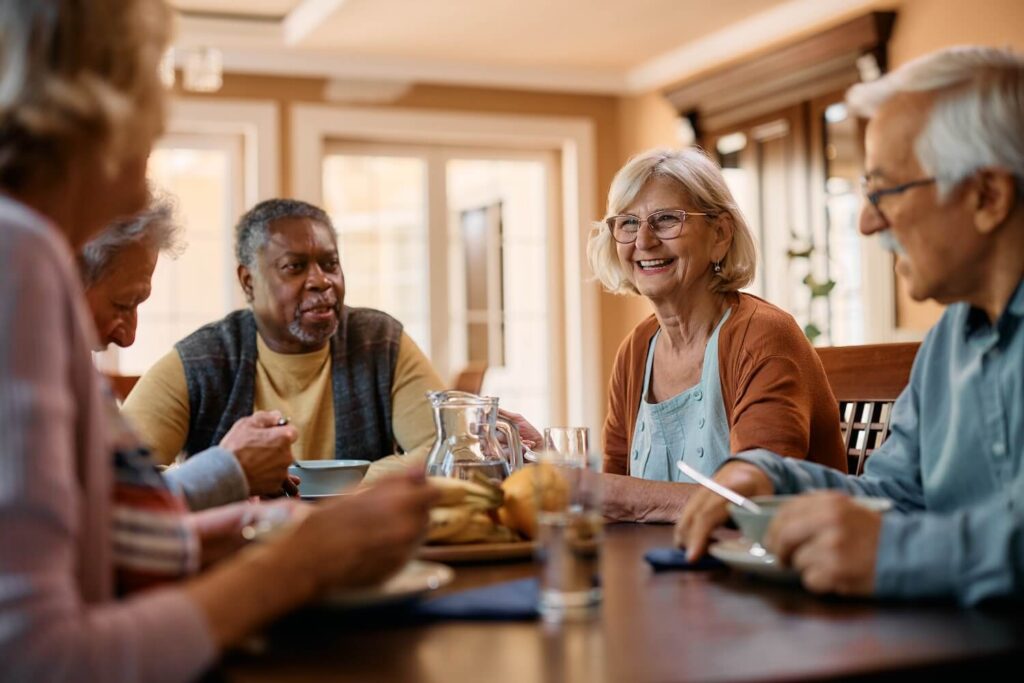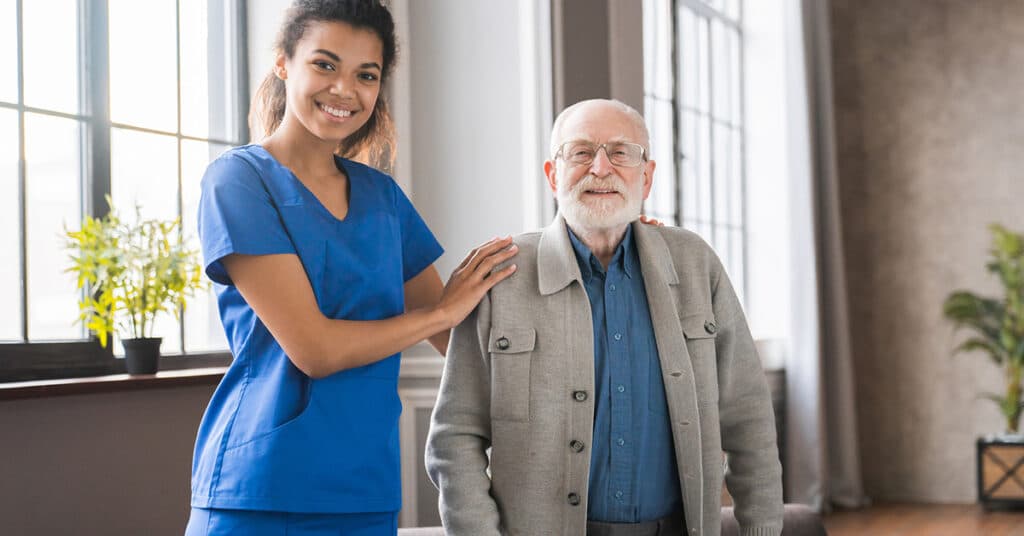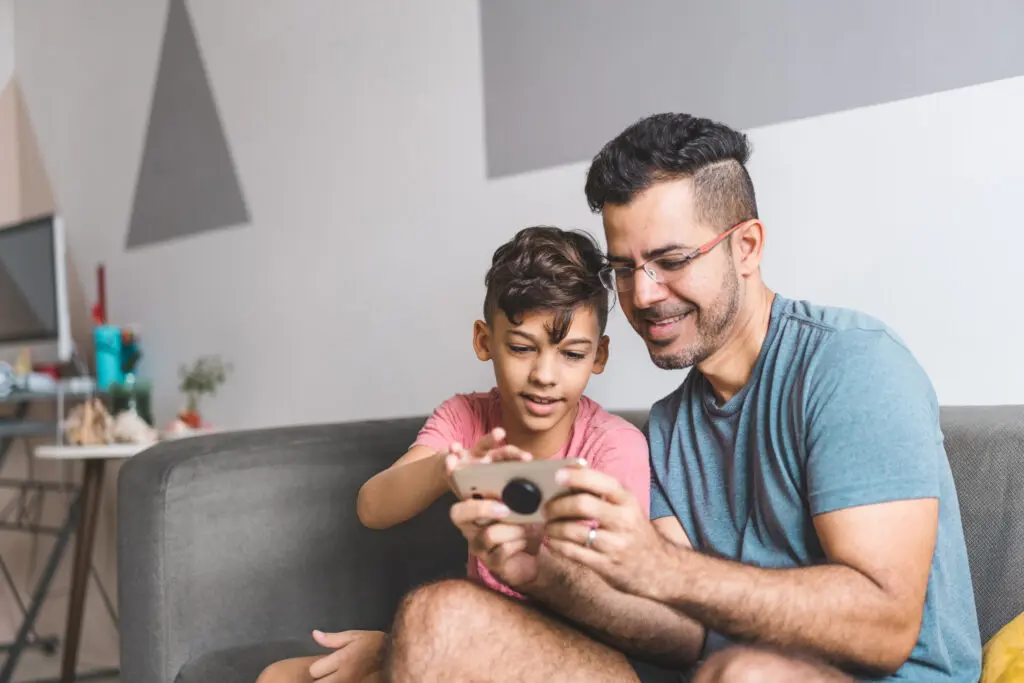Experiencing a fall can be a frightening event, especially for seniors. Understanding what to do after a senior falls is crucial for ensuring their safety and well-being. Immediate and appropriate actions can prevent further injury and provide comfort to the senior involved. This article will guide you through the necessary steps and offer prevention tips to help protect your loved ones.
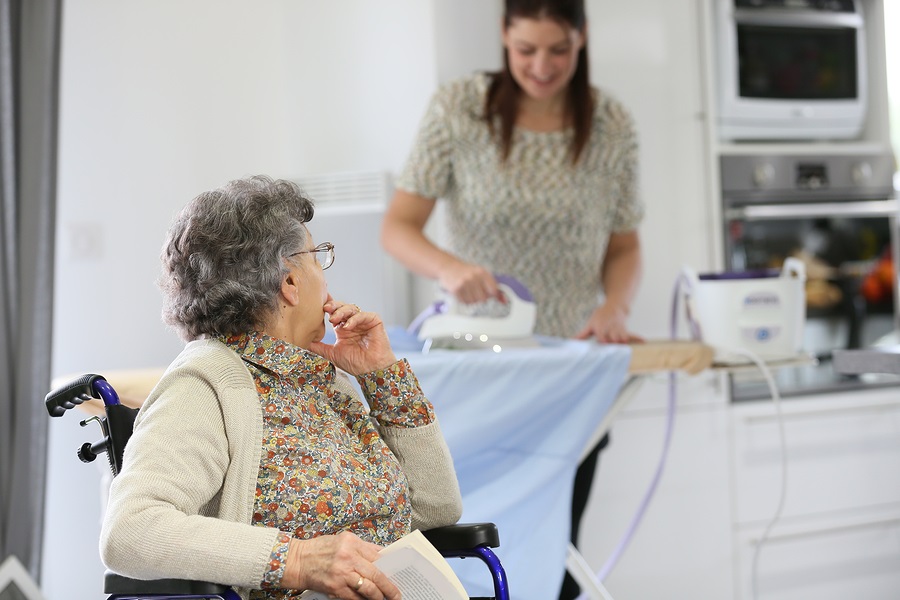
Immediate Steps to Take After a Fall
Assess the Situation
The first step in determining what to do after a senior falls is to assess the situation calmly. Ensure that you and the senior are safe from further harm. Avoid rushing to move them, as this can exacerbate injuries.
Check for Injuries
Look for any visible injuries such as cuts, bruises, or swelling. Ask the senior about any pain they are experiencing and observe their range of motion. If there is severe pain, or if the senior cannot move, call for emergency medical assistance immediately.
Help Them Up Safely
If the senior seems uninjured and is able to move, assist them in getting up slowly. Use a sturdy chair or other stable furniture to support them. Encourage them to move to a seated position first, and then slowly help them stand. If you’re unsure or they are in pain, wait for professional help.
When to Seek Medical Attention
Call 911 for Severe Injuries
If there are any signs of broken bones, head injuries, or if the senior is unconscious, it’s important to call 911 immediately. It’s better to err on the side of caution when determining what to do after a senior falls.
Visit a Doctor for Mild Injuries
Even if injuries seem minor, it’s a good idea to have the senior checked by a healthcare professional. They can assess for any underlying issues that might not be immediately apparent.
Emotional Support and Reassurance
Provide Comfort and Reassurance
Falling can be a traumatic experience. Reassure the senior that everything is okay and that help is on the way. Emotional support is just as important as physical assistance.
Discuss the Incident
Once the immediate situation is under control, discuss the incident with the senior. Understanding how the fall occurred can prevent future accidents.
Preventing Future Falls
Home Safety Assessment
Conduct a thorough assessment of the home to identify potential hazards. Remove loose rugs, improve lighting, and install grab bars in key areas like bathrooms.
Use Fall Detection Devices
Consider investing in fall detection devices which can alert emergency contacts if a fall occurs. These devices can provide peace of mind for both seniors and their families.
Encourage Regular Exercise
Physical activity improves strength and balance, reducing the likelihood of falls. Encourage seniors to participate in exercises tailored to their abilities.
Understanding the Causes of Falls
Common Causes of Falls
Understanding why falls happen can help in knowing what to do after a senior falls. Common causes include slippery floors, poor lighting, and health issues such as dizziness or weak muscles.
Health-Related Factors
Conditions such as arthritis, vision problems, or medications that cause dizziness can increase the risk of falls. Regular health check-ups can help manage these issues.
Implementing a Fall Prevention Plan
Creating a Personal Fall Plan
Work with the senior and healthcare providers to create a personalized fall prevention plan. This should include lifestyle changes, home modifications, and monitoring of health conditions.
Stay Updated on Health
Regular medical appointments can help monitor and adapt the prevention plan as needed. Stay informed about the senior’s health status to make necessary adjustments.
Conclusion
Knowing what to do after a senior falls is crucial for their safety and recovery. Quick action, medical assessment, and emotional support are key. By taking steps to prevent future falls, such as home modifications and using fall detection devices, you can help keep your loved ones safe.
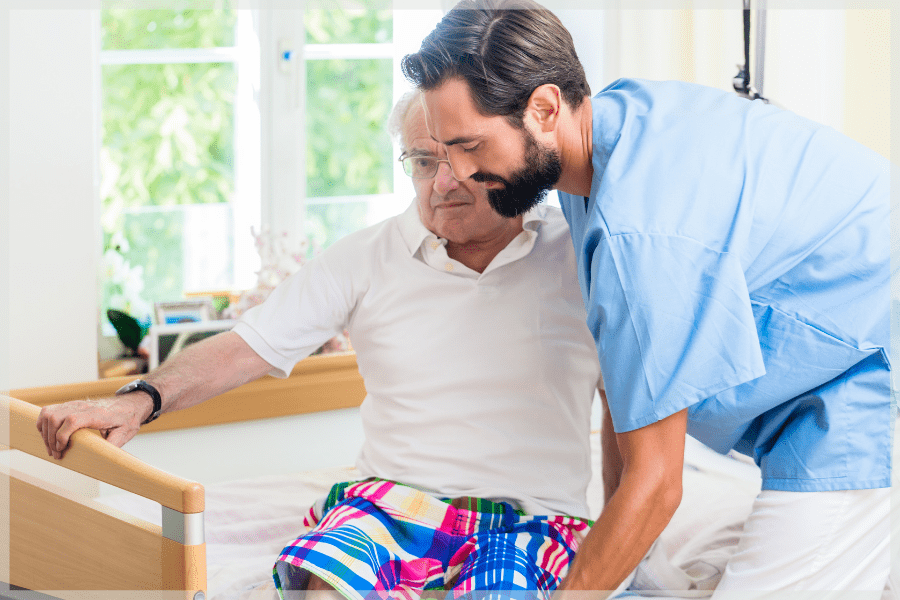
FAQs
What should I do immediately after a senior falls?
Assess for injuries and provide reassurance. If severe injuries are suspected, call emergency services immediately.
How can I prevent future falls for my elderly loved one?
Ensure home safety, encourage regular exercise, and consider using fall detection devices for added security.
Is it necessary to see a doctor after every fall?
It’s recommended to have a medical evaluation after a fall to rule out any underlying injuries or health concerns.
For more information on falls and prevention, visit the National Institute on Aging.
This article contains affiliate links. We may earn a commission at no extra cost to you.

